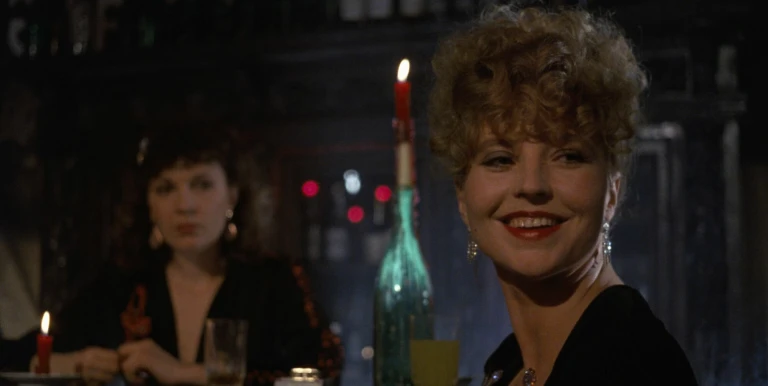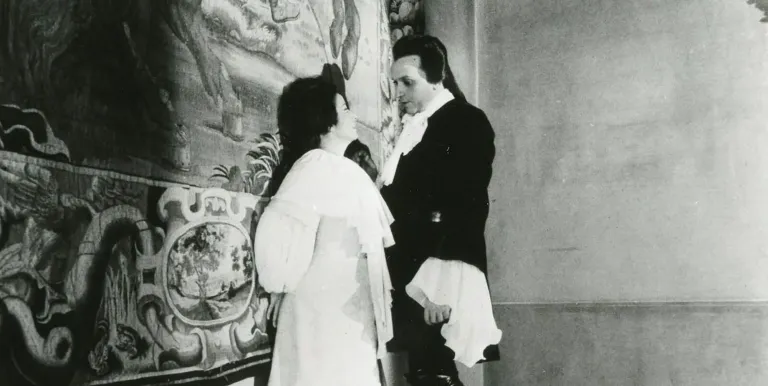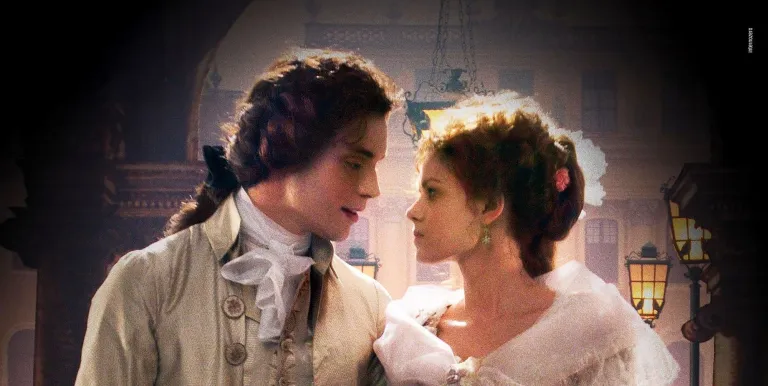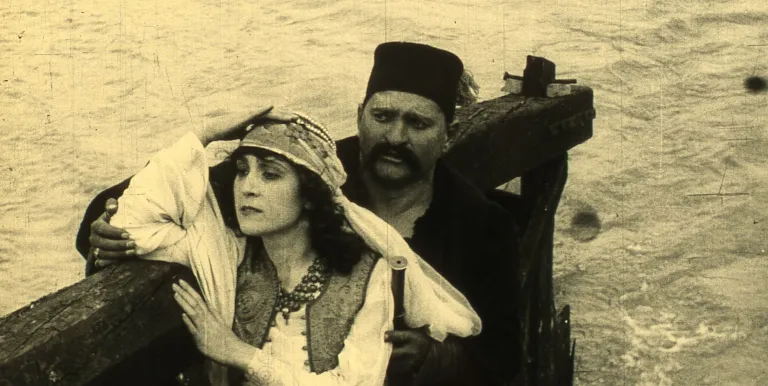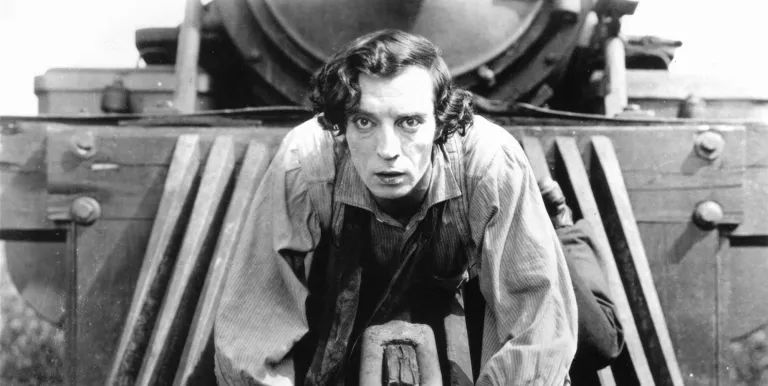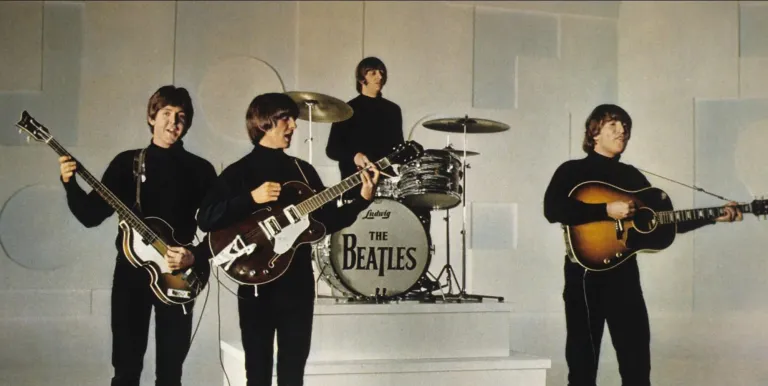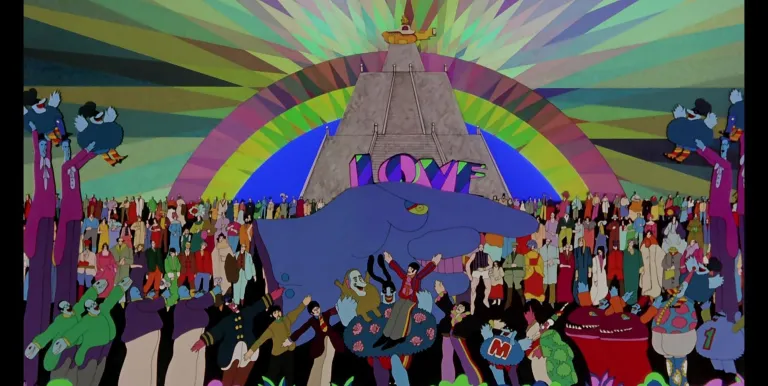Please note that by buying tickets you are accepting the house rules at Müpa Budapest, which also include the latest regulations and security rules. You can read further details and find key information on this page.
Thank you for your understanding and cooperation.
Creator:
Featuring:
The ability to adapt. A truly important thing. If you don't know what it means, our consultant will explain. In any case, man (or woman) is a creature capable of rapid adaptation. But how do we face extreme situations? Rainer Werner Fassbinder's film is a strange, bitter story of West Germany's period of recovery after World War Two. To be precise, it covers ten years from the life of a woman who adapts to war, loss, loneliness, and several different men, not to mention success. The Marriage of Maria Braun is not a happy tale, however. Because in the midst of a desperate struggle for survival, Life itself somehow fades away.
The radio is playing. At the start of the film - in 1943 - yet you can barely hear the music of Beethoven thanks to the noise of gunshots and explosions, children crying and sirens wailing. The radio plays at the end of the film too, a broadcast of the 1954 final of the football World Cup, which finishes West Germany 3-2 Hungary. For Hungarians, the match is an enduring national tragedy. For the Germans it is a memorable moment, a time when, after the passing of a decade, they could finally face the world as something other than a nation of sin. It is poignant, and grotesque. In war, everything is so simple. Black and white. The true transition to peace, to consolidation, is more complicated, full of contradictions. The fact that Maria Braun's moral odyssey enjoyed worldwide renown was undoubtedly in large part due to the fact that the title role was played by Hanna Schygulla, a defining actress of the New German Cinema of the 1970s and 1980s. Schygulla appeared in 23 films from the short-lived but explosively productive Fassbinder. She was one of the most iconic actresses of the era, employed by the most important directors. Yet Marriage of Maria Braun holds a special place in her spectacular career. Perhaps because this film does not attempt to place the weight of blame for a multitude of human errors, mistakes and sins on historical events. To be a person brings with it responsibility. Does it not?
In German, with Hungarian subtitles.
The discussions before and after the screening will be conducted in Hungarian.
Presented by: Müpa Budapest
-
We wish to inform you that in the event that Müpa Budapest's underground garage and outdoor car park are operating at full capacity, it is advisable to plan for increased waiting times when you arrive. In order to avoid this, we recommend that you depart for our events in time, so that you you can find the ideal parking spot quickly and smoothly and arrive for our performance in comfort. The Müpa Budapest underground garage gates will be operated by an automatic number plate recognition system. Parking is free of charge for visitors with tickets to any of our paid performances on that given day. The detailed parking policy of Müpa Budapest is available here.

